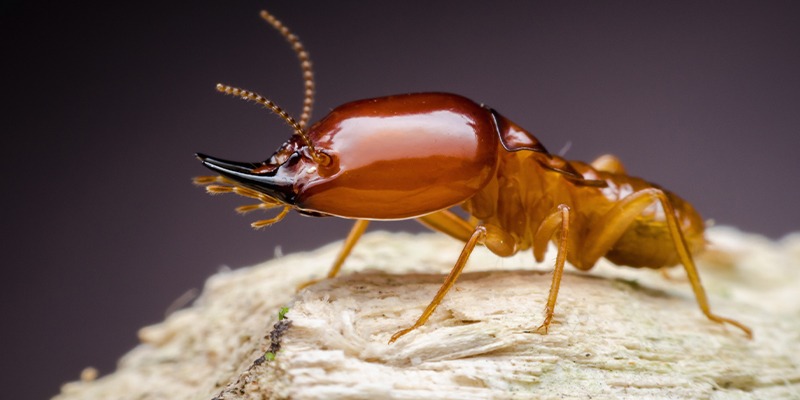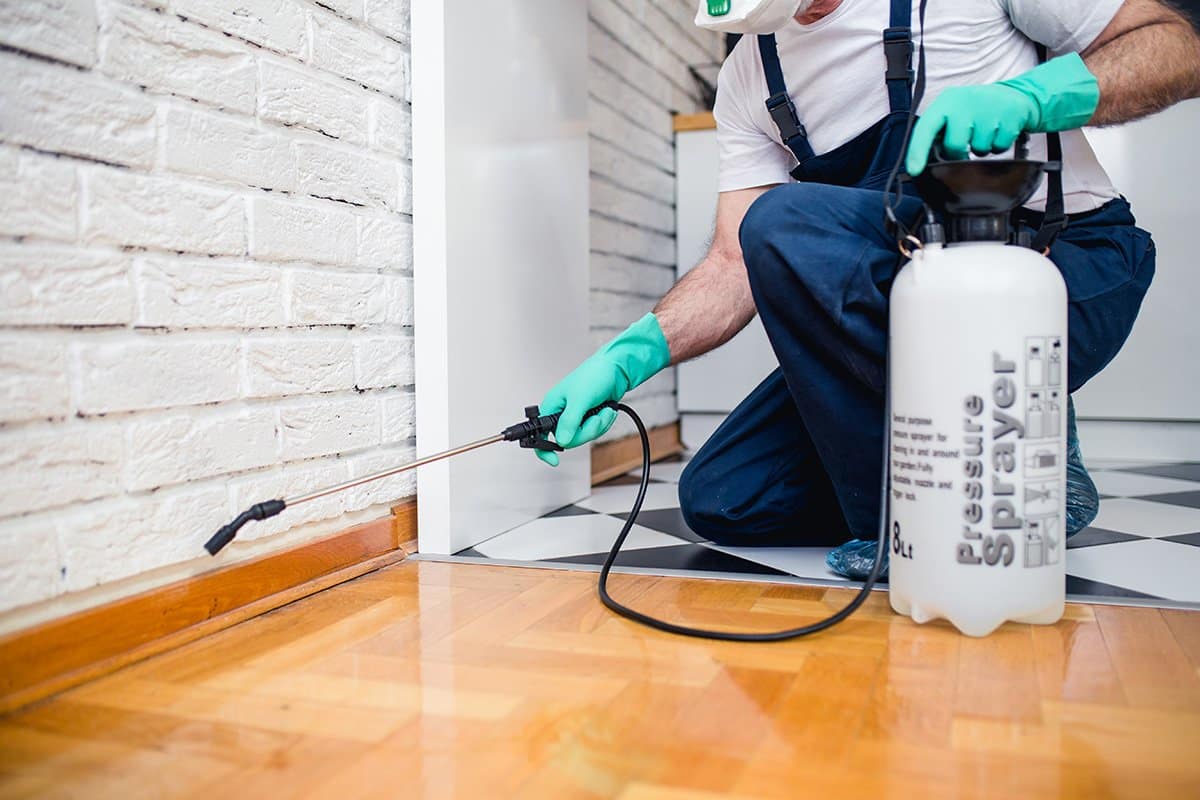Leading Ant Control Services: Trusted Solutions for Your Home or Business
Leading Ant Control Services: Trusted Solutions for Your Home or Business
Blog Article
Ecological Effect of Bug Control: Balancing Performance With Sustainability
The environmental effect of parasite control is a critical issue that calls for a delicate equilibrium in between attaining performance in guaranteeing and taking care of bugs sustainability of our communities. As we strive to shield our plants, homes, and wellness from the hazards postured by bugs, the methods we use can accidentally hurt the environment. From the use of dangerous chemicals that leak into our dirt and water to the unintentional repercussions on non-target varieties, the effects of standard insect control practices are far-ranging. There are emerging techniques that supply hope for an extra sustainable method to pest administration. These solutions not just objective to deal with the immediate bug problems but additionally consider the long-lasting health and wellness of our planet.
Unsafe Chemicals in Insect Control
The usage of hazardous chemicals in insect control postures substantial ecological and wellness risks that necessitate mindful factor to consider and reduction methods. Herbicides, pesticides, and pesticides are frequently utilized to eradicate pests, but their prevalent application can bring about unintended effects. These chemicals can contaminate dirt, water sources, and the air, affecting not only the targeted insects however additionally advantageous bugs, wildlife, and humans.

To resolve these dangers, incorporated insect management (IPM) methods are being promoted as an extra lasting choice. IPM entails a mix of approaches such as biological control, environment adjustment, and the targeted use chemicals as a last option (ant control cornelius nc). By adopting an all natural technique to pest control, we can lessen the environmental and health and wellness impacts associated with hazardous chemicals while properly handling pest populaces
Effect On Non-Target Species
Thinking about the unintentional effects of pest control approaches, the impact on non-target species is an important aspect that requires comprehensive evaluation. While pest control steps intend to target specific insects, other organisms in the community may be inadvertently impacted. Non-target species, consisting of advantageous bugs, birds, creatures, and also plants, can suffer indirect or straight harm from chemical applications or biological control techniques.
Pesticides can have deadly or sub-lethal effects on non-target varieties. As an example, insecticides developed to battle a specific bug pest may damage pollinators like bees or natural predators such as ladybugs. In addition, chemical deposits can build up in the setting, impacting non-target microorganisms gradually. Similarly, organic control representatives, otherwise species-specific, can present threats to unplanned targets, interfering with the eco-friendly balance.
To alleviate the effect on non-target types, integrated parasite monitoring (IPM) techniques that stress an all natural method to pest control are suggested. These methods focus on making use of eco-friendly methods, minimizing harm to useful organisms while efficiently managing pest populaces. Performing extensive risk analyses and keeping track of the outcomes of pest control efforts are crucial actions in securing non-target species and promoting overall environment health and wellness.
Dirt and Water Contamination
Unexpected environmental consequences of insect control methods prolong beyond impacting non-target species, with substantial ramifications for dirt and water contamination - ant control services. Pesticides, herbicides, and chemical fertilizers made use of in ant control statesville nc bug control can leach into the dirt and pollute groundwater, positioning a risk to both marine and earthbound communities.
Water contamination is another vital problem connected with bug control methods. Runoff from agricultural areas treated with pesticides can bring these chemicals right into nearby water bodies, influencing marine organisms and water quality. Contaminants in water sources can have far-ranging effects, affecting not only aquatic life however additionally human health and wellness through the consumption of contaminated water or water organisms. To mitigate dirt and water contamination from insect control tasks, integrated bug administration approaches that focus on sustainability and decrease chemical inputs are crucial.
Air Contamination From Chemical Use
Direct exposure to airborne pesticides throughout agricultural applications positions a considerable problem for air pollution control procedures. Furthermore, chemical drift, where chemicals are brought by the wind to unexpected locations, can lead to the contamination of neighboring communities and water bodies.

Strategies for Sustainable Bug Control
In the realm of agricultural techniques, executing sustainable bug control strategies is paramount for maintaining environmental equilibrium and safeguarding plant returns. Lasting parasite control stresses using eco-friendly approaches to take care of insect populations effectively while reducing harm to non-target microorganisms and communities. Integrated Insect Administration (IPM) is a commonly adopted method that integrates organic, cultural, physical, and chemical control techniques to accomplish long-term parasite monitoring options.
One key strategy in sustainable bug control is advertising biodiversity within agroecosystems. By improving natural enemies of parasites, such as parasitoids and killers, farmers can lower the requirement for artificial chemicals. Crop rotation and diversity are likewise effective techniques to disrupt pest life process and create much less beneficial conditions for parasites to prosper. In addition, utilizing pest-resistant plant ranges and employing techniques like catch cropping can aid reduce parasite pressure without relying heavily on chemical interventions. Inevitably, by incorporating these lasting bug control strategies, farmers can achieve an equilibrium in between pest management efficiency and environmental stewardship.
Verdict
To conclude, the ecological impact of pest control methods need to be very carefully taken into consideration to balance effectiveness with sustainability. Harmful chemicals utilized in insect control can lead to soil and water contamination, air pollution, and damage non-target types - ant control. It is crucial to execute lasting pest control methods to lessen these unfavorable impacts on the atmosphere and advertise a healthier community for future generations
By taking on an all natural strategy to pest control, we can reduce the ecological and health impacts linked with unsafe chemicals while properly managing pest populations.

To reduce the air contamination caused by pesticide usage, it is essential to take on incorporated bug monitoring methods that prioritize the use of non-chemical parasite control techniques, such as crop turning, natural predators, and immune crop ranges. Sustainable parasite control stresses the use of eco pleasant techniques to manage insect populaces successfully while decreasing damage to non-target microorganisms and environments. Integrated Pest Monitoring (IPM) is a commonly taken on technique that combines organic, social, physical, and chemical control approaches to achieve long-lasting insect administration services.
Report this page